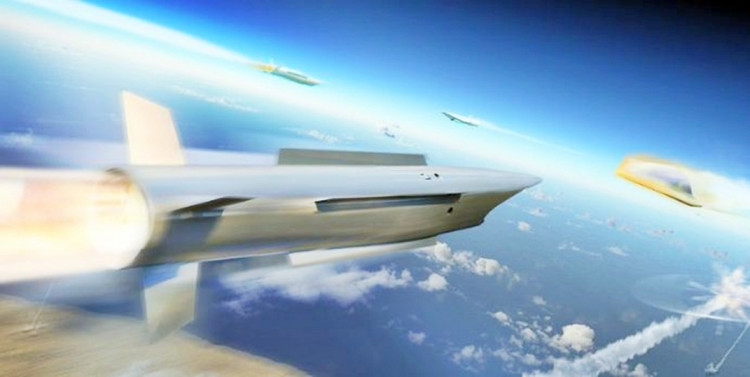Alexander Shiplyuk, the director of Khristianovich Institute of Theoretical and Applied Mechanics (ITAM) in Siberia and a leading figure in Russian hypersonic missile technology, faces serious accusations of treason, allegedly leaking classified material to China. According to two undisclosed sources, the incident reportedly occurred at a scientific conference in China back in 2017.
Although Shiplyuk vehemently defends his innocence, arguing that the shared information was nonclassified and accessible online, his arrest marks the latest episode in a series of allegations involving Russian scientists supposedly revealing secrets to Beijing, Reuters reported.
Responding to inquiries about the accusations leveled against ITAM experts and the treason cases tied to China, Kremlin spokesman Dmitry Peskov stated that the security services are diligently on the lookout for any incidents of potential betrayal. "This is very important work," he added. The Chinese foreign ministry, when questioned about the alleged targeting of Russian scientists for sensitive research, reiterated the foundation of Sino-Russian relations on "non-confrontation, non-alignment, and non-targeting of third parties."
Under President Putin's leadership, Russia has gained a reputable position in the global hypersonic missiles realm, a high-tech weapon capable of surpassing air-defence systems at velocities up to ten times the speed of sound. However, cases like Shiplyuk's and previous treason arrests indicate Moscow's high alertness to maintain its cutting-edge technologies, even from allies like China.
The ITAM incident also drags into the limelight the arrests of other notable figures like Dmitry Kolker, a laser specialist who was apprehended on treason charges last year and passed away from cancer shortly after. His family refutes allegations of him passing secrets to China. Similarly, other scientists like Alexander Lukanin and Valery Mitko faced charges of treason, suspected of leaking technological secrets to Beijing.
In light of these events, Russia's parliament has recently voted to increase the maximum penalty for treason to life imprisonment, up from the previous 20-year sentence. Additionally, a draft law is under consideration to further tighten access to state secrets, as 48 Russians were convicted of treason between 2017 and 2022.
The pending cases against Shiplyuk and his colleagues, Anatoly Maslov and Valery Zvegintsev, remain classified and are slated for a closed trial. The situation grabbed international attention after ITAM colleagues penned an open letter in support of the accused scientists, claiming the impossibility of performing their duties under the constant risk of arrest for presenting at international conferences.
Kremlin spokesman Peskov, when questioned about the open letter, maintained that the special services were diligently working on the matter, highlighting the gravity of the accusations.





